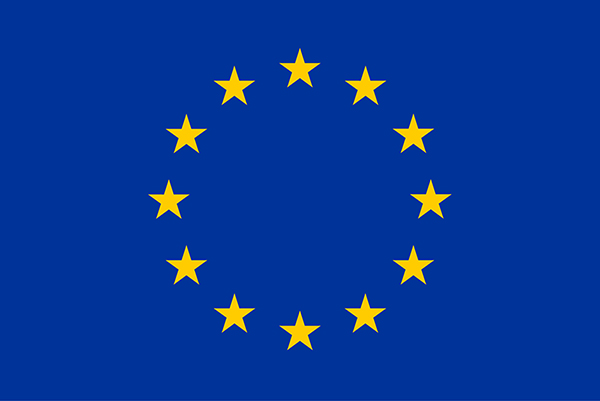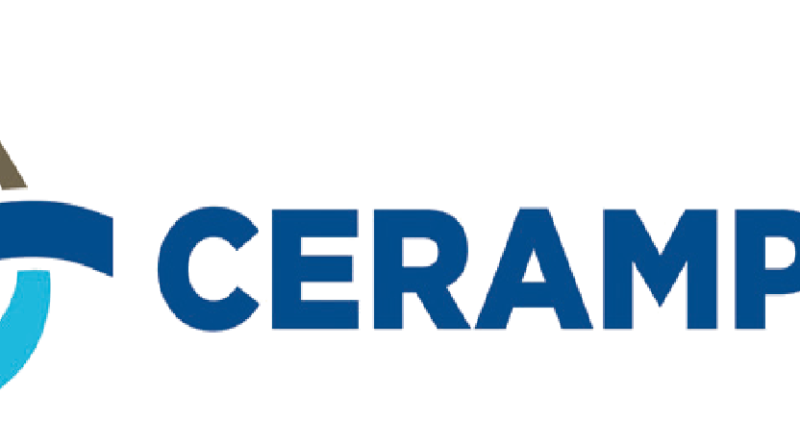CERAMPOL
CERAMPOL
Ceramic and polymeric membrane for water purification of heavy metal and hazardous organic compounds
ABSTRACT
The main objective of the CERAMPOL project is to achieve a new generation of smart and low-fouling nanostructured membranes based on ceramic and polymeric materials with enhanced affinity to heavy metals and drugs.
CERAMPOL will contribute in solving issues related to waste water in metallurgic and pharmaceutical industries/hospital respectively. Moreover, by reducing the concentration of highly toxic contaminants in the water supplies, lakes, rivers, and streams, the new filtration technology developed in the CERAMPOL project will mitigate the risk to humans’ health and the environment such as bioaccumulation of heavy metals, the emergence of multidrug resistance organisms, chronic toxicity, and metal-related diseases.
The new filters will be prepared by innovative processes such as electrospinning, sol-gel, coating processes for obtaining multi-layered membranes possessing several key properties such as: antifouling; self-cleaning; selective filtration of antibiotics and heavy metals. Specifically, the multi-layered membranes will composed of three functional parts CERAMPOL functional parts: an anti-fouling pre-filter based on polymeric nanofibers, a cleaning system based on piezoelectric materials, and a highly selective nanostructured ceramic membrane. The new filters will be scaled up at semi industrial level for in-situ water treatments in foundry, pharmaceutical and hospital effluents.
The benefits of such technology will be fully characterized in terms of water filtration efficiency and economic and environmental impacts. Complete technological and economical viability assessments of the CERAMPOL technology will be carried out by the industrial partners. Environmental impact caused by the new filtration technology will be fully assessed in order to highlight benefits in terms of water preservation and recovering.
Project Budget: 4’851’255 €
LEITAT Budget: 808’720 €
Financial Framework: FP7
Contract number: 280995
Start Date: 01/02/2012
End Date: 31/01/2016
Partners:

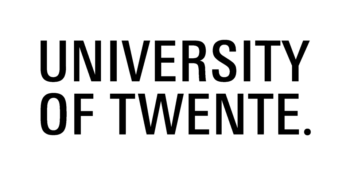

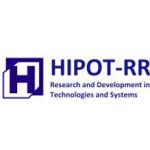
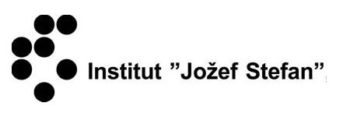
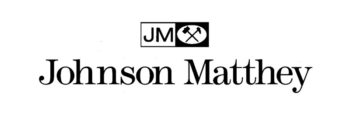



Contact Manager: A. Satti
